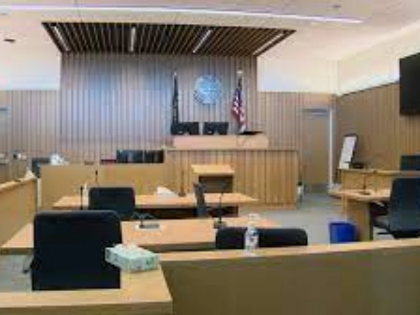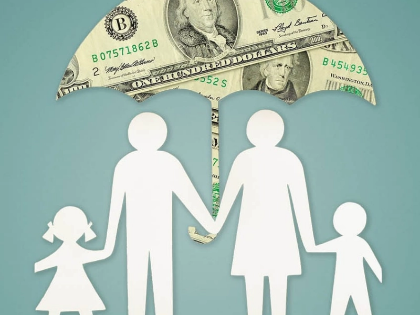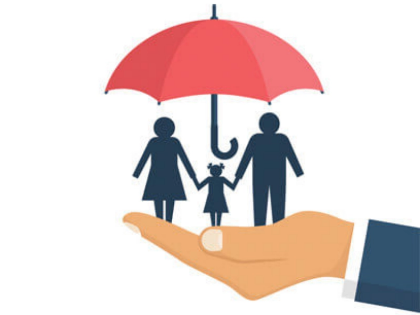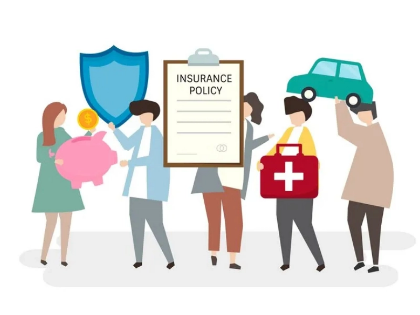Getting Justice and Making Sure Your Legal Rights Are Respected
A fair society must have equal access to the legal system. Without it, people and communities are defenceless, unable to stand up for what's right and pursue justice for wrongs.
Empirical research in the area of access to justice is becoming more and more popular in the legal academic community. These initiatives are contributing to the creation of effective localised models that benefit people, such as community outreach, volunteer attorney programmes, and court self-help centres.
1. Be aware of your rights.

We think that being aware of your rights is the first step towards creating a more just society. For this reason, we're dedicated to advancing a justice system that prioritises people and places an emphasis on individual rights.
Everyone has the right to know their legal rights, according to Hannah Arendt. This meta-right was created in response to the observation that lying and taking advantage of ignorance frequently result in manifestly negative effects, such as signing a document waiving constitutional rights without knowing the full extent of the pregnancy or infringing on the right to free speech.
Numerous legal aid organisations provide "Know Your Rights" workshops and hand out wallet-sized cards or information sheets. However, more must be done. When law schools, clients, and service providers collaborate on "design thinking" projects, new insights can be gained on how to create better user-friendly legal problem-solving tools.
2. Look for legal counsel.
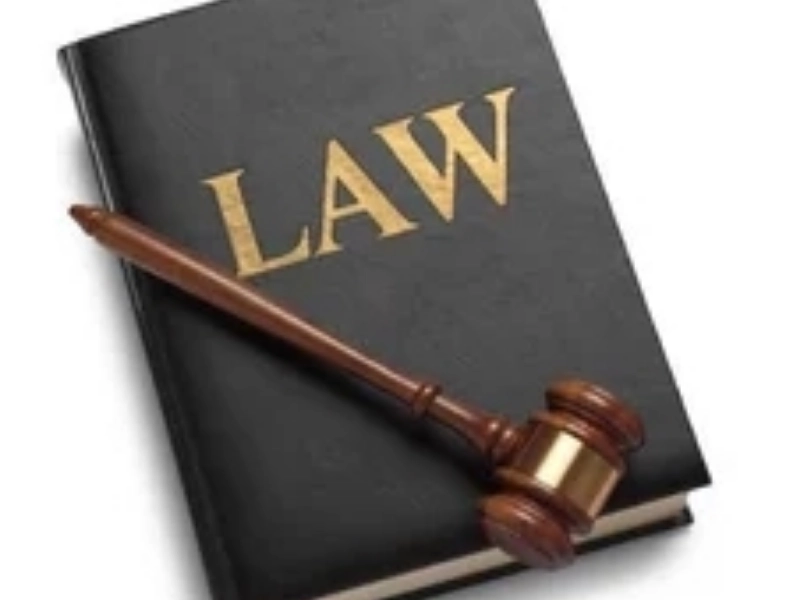
The human right to comprehend and make use of the legal system to uphold and advance one's rights is known as "access to justice." For instance, someone who is evicted without assistance may end up homeless, and someone who experiences domestic abuse and does not obtain a protection order may continue to be in danger of harm or death.
While attorneys and law students can be helpful, a wide range of individuals and professions must work together to find a solution to the access to justice dilemma. It must involve influential national politicians who support significantly expanded and enhanced legal access as a top priority for the United States.
Under several programmes run by the Division of Access to Justice, volunteer attorneys are trained and supervised to provide limited-scope counsel in situations like consumer credit, landlord-tenant, and divorce. In order to better understand the requirements of low-income litigants, it also provides training for court employees and holds poverty simulations.
3. Get knowledgeable
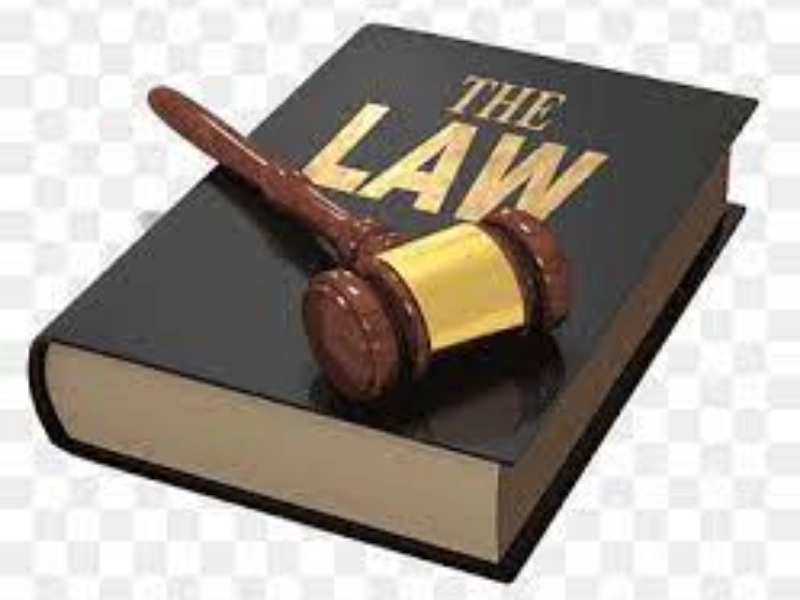
David is the creator and executive director of Access to Justice, a national nonprofit organisation with its headquarters at Fordham Law that uses thorough, morally-driven research to promote social justice and a more equitable civil judicial system. In addition to leading the organisation's work with a wide range of partners, such as academics in legal studies, the civil legal aid community, government officials at all levels, the business community, organisations involved in the criminal justice and abolition movements, the social science and health communities, and others, he teaches the Fordham Law Access to Justice Seminar.
The term "justice" has for too long evoked ideas of an exclusively adversarial and lawyer-focused legal system. For a stressed-out consumer or a family facing eviction, the word must imply more than that. It ought to be synonymous with opportunity and justice.
4. Pose inquiries.

People frequently have insufficient knowledge or comprehension of the legal system, which causes a gap between what they know and what they need to navigate it. This disparity keeps people from reaching equitable and just results and can have disastrous effects, including homelessness, broken families, and extreme stress.
Creating new procedures or utilising resources not available through the legal system can both contribute to access to justice. It might include taking proactive measures to keep individuals out of the courtroom entirely.
It also entails dealing with the fundamental issues that give rise to obstacles. Some argue that the pursuit of these objectives is specifically required of attorneys and the legal profession. It is crucial to maintaining an equitable and just society. Ensuring that all citizens can swiftly and affordably access, comprehend, and exercise their rights is the aim.
5. Act

Preserving each person's rights and freedoms is the aim of justice. But there are obstacles to justice that disproportionately impact communities of colour. To establish true justice for everybody, these obstacles need to be removed.
These obstacles include a lack of knowledge about the law and insufficient funds to hire an attorney. Encouraging legal literacy and establishing collaborations can aid in tackling this problem.
Reducing bias and discrimination can also increase access to justice by guaranteeing that everyone is treated fairly by the legal system. To get beyond these obstacles and go closer to realising justice for all, we can employ creative thinking, teamwork, and professional inventions.

